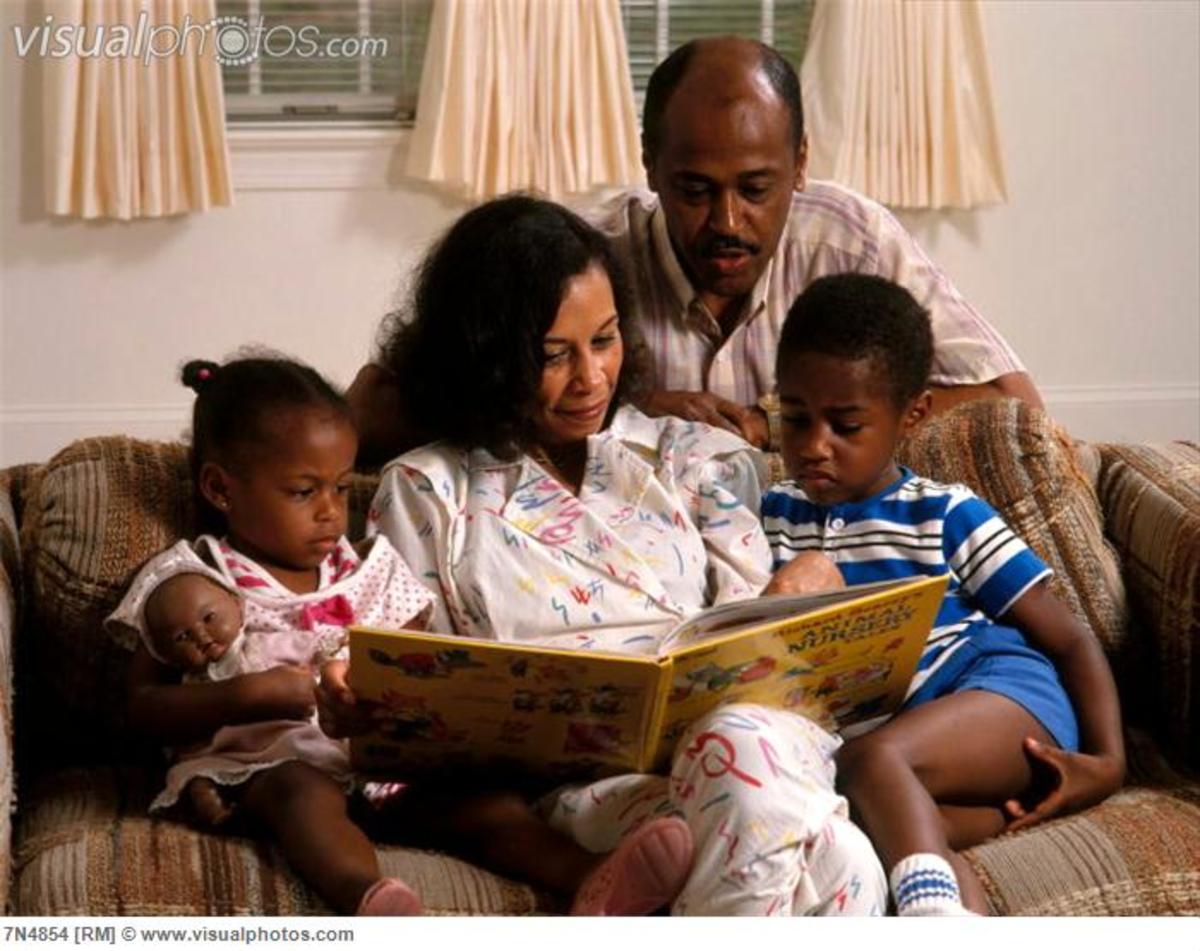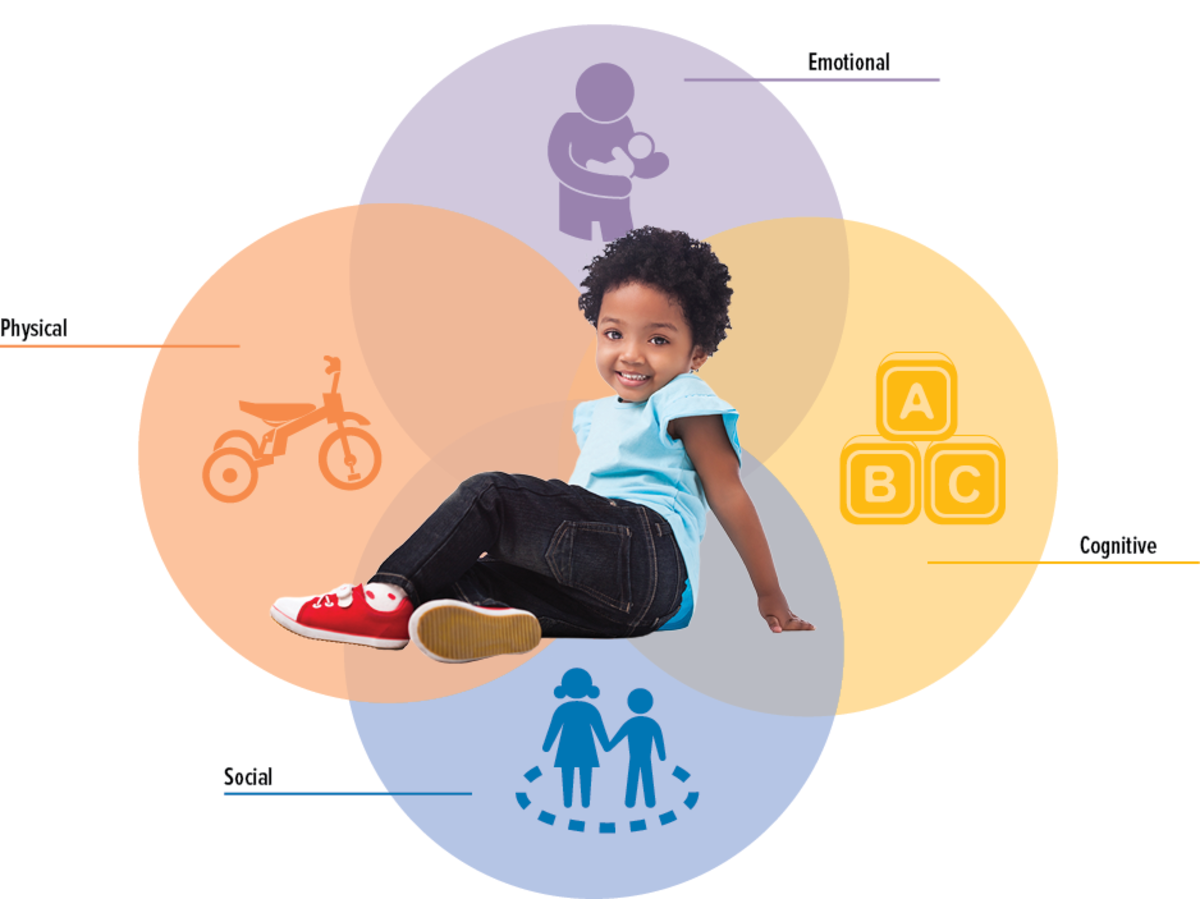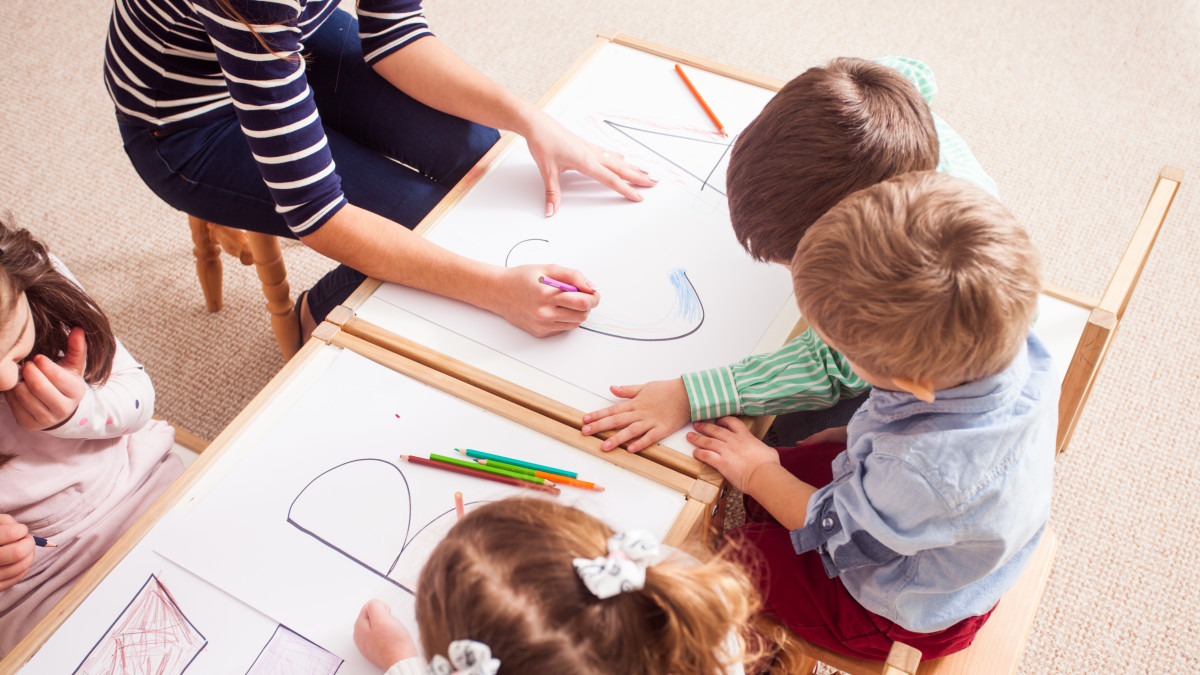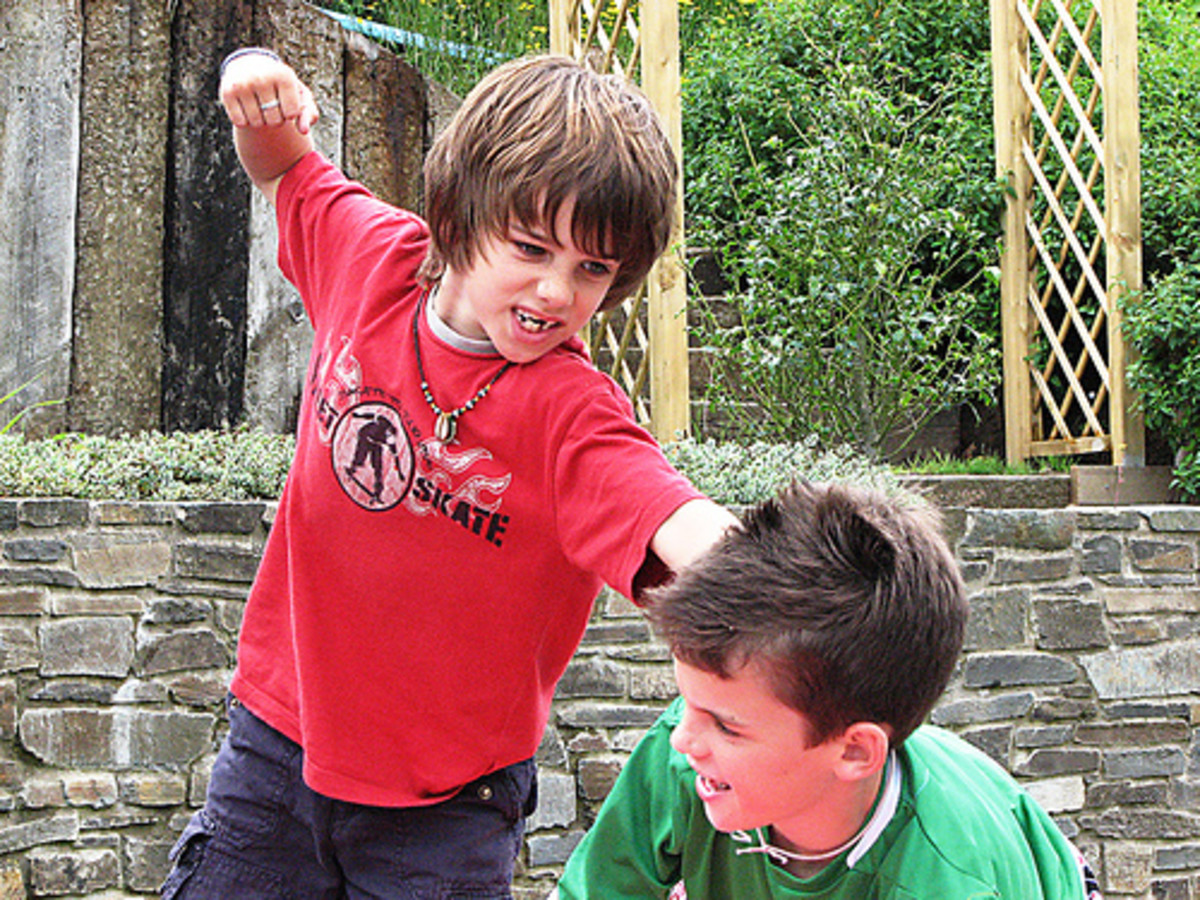Why Parents Should Stop Treating Their Children as Their Behavioural Clones
Introduction
As a parent, expecting from their child is common and vice versa. But it is also said that anything in excess is bad for health, be it habits or emotions. Some parents, who generally have had a great student life with good marks, expect their child will have one too.
On the other hand, children always crave support from their parents to explore life. While both expect more and more of another person, things between them become worse unexpectedly when things go differently. Here are some insights from my personal experience that might be useful for both parents and children for lessening their expectations from each other.
To avoid this situation in life, they must make the child aware of numerous options in which he/she can get interested in.
In this way, the child will know about his/her interests sooner or later and it will not seem to parents that the child is misguided somewhere.
Where does the problem lie?
Most of the children, at a young age, let say between 10 to 12 years old, when asked about their aim in life, answers are commonly engineer, doctor or scientist. The parents then get sure that their child's answers would one day shape up into reality.
But the main reason for these two or three professions becoming the dreams of many is less exposure to other options. So, when the child grows, gets to know about many things and his/her opinions change about their aim of life, parents start complaining.
What could be the solution?
Instead of complaining, if they make a habit of one thing I suggest, it might be helpful. So, what parents can do is not to get overexcited about their child’s ambitions when he/she is at a young age.
The more you get excited, the more you start expecting. This increase in expectations might hurt them later when the child would change his/her mind.
Why children cannot behave like their parents?
When my 12th results came out, I was satisfied with what percentage I secured. It was 56%, and it matched my efforts. But then my parents were upset. The reason was that the marks were not up to their expectations, as before I had scored more in the tenth boards.
Now with this, I got burdened with much more guilt and a lot of indirect accusations. The accusation which I felt more frustrating is - "Your father is such a knowledgeable man, why are you not like him?" This statement since then has been playing on the loop of mind often by others.
The point of telling an excerpt of my life story is every individual in this world is different. No one can be exactly like someone who is almost perfect. As a parent, comparing the child with yourself in terms of qualities is the worst thing you can do. It is not a mere fact but scientific truth.
Biologically, during fertilization (an event of reproduction), the sperm and ovum fuse. To be more specific, the genes of a male parent and female parent fuse to give rise to the offspring’s genes.
During this fusion, many changes occur. These changes lead to the structural and behavioural changes in that offspring. That is the reason why children look different from their parents. So, is it not natural for the children to behave differently from their parents too?
Keeping this thing in mind, the parents must avoid comparing their children with themselves and making any high expectations.
How to Stop Expectations from hurting you?
Generally, expectations hurt in two cases. The first case is when parents know the potential of a child and have their expectations accordingly, but the child gets wayward.
Another case is when the child wants to follow his or her passion but the parents want something else. In both situations, the child needs support and guidance to pave his or her way on the right path.
And in return, the parents need the assurance that their child will walk on the path shown by them. For this to happen, determination in the child and patience in parents must develop.
Some Ways that will help to build an understanding parent-children relationship
Here are some ways by which the understanding between the parent and their children will remain intact:
- The children must have the courage to speak up to their parents about their interests or disinterests. Assuming that the parents will not understand them is useless. If anything wrong happens in the future, parents cannot be blamed. Also, their guidance is always needed.
- With the changing time, the mindset is also evolving. Now parents cannot make their children do as they want. They should take care of what the child is thinking. To know about their child’s thoughts, the parents need to talk and make him/her comfortable to speak out.
- If a child has decided after having an appropriate discussion with his/her parents, he/she must commit to it. He/she cannot afford distractions further. After all, commitments will make the decision fruitful. Thus, the parents will not get disappointed and will give their full support.
- Parents should not underestimate their children based on decision-making when they are actually at the age of doing that. Pampering the child on every stage of his/her life might prevent them from opening up to life. Let them struggle.
Conclusion
Expectations destroy the beauty of a relationship. Usually, parents and children expect from each other, because they are nearly two generations. Different mindsets lead to differences.
But the most important thing for both sides to do is to understand each other perspectives as much as possible. It will help both of them to lessen their expectations. And the most important thing is no one is perfect. The world is better with imperfections.
I am sure everyone must have faced this situation once in their life, be it a parent or a child. Let me know in the comments what was your take to tackle this problem. If anyone currently is facing this, you may look up to my provided solutions. I hope it might help you.
This content is accurate and true to the best of the author’s knowledge and is not meant to substitute for formal and individualized advice from a qualified professional.
© 2020 Shibangi Das








